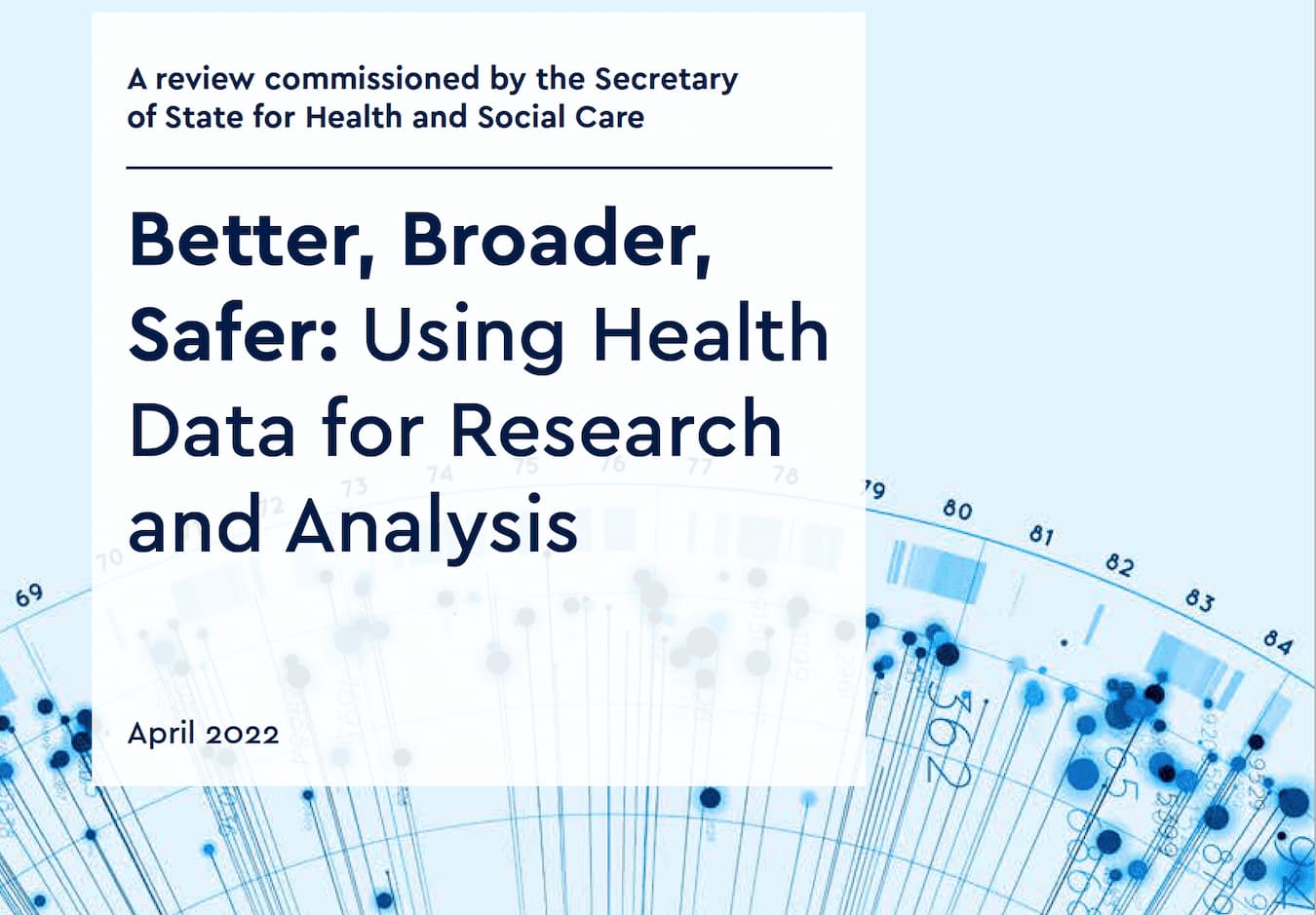
- Posted
- Categories
-
- OpenSAFELY
Generating data on the NHS England Core20PLUS5 inequality groups using OpenSAFELY in GP records
In order to tackle health inequalities NHS England have recently launched the Core20PLUS5 initiative to help local areas identify and reduce inequalities across key areas.
















